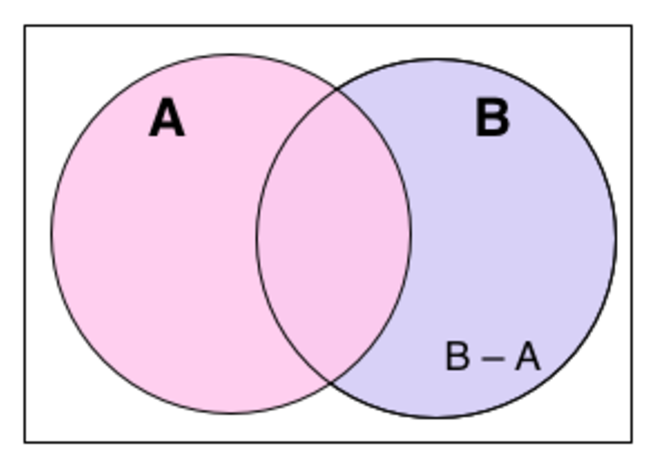
-
Complement (noun)
Something (or someone) that completes; the consummation. from 14th c.
-
Complement (noun)
The act of completing something, or the fact of being complete; completion, completeness, fulfilment. 15th-18th c.
-
Complement (noun)
The totality, the full amount or number which completes something. from 16th c.
-
Complement (noun)
Something which completes one’s equipment, dress etc.; an accessory. 16th-17th c.
-
Complement (noun)
The whole working force of a vessel.
-
Complement (noun)
Fullness (of the moon). from 17th c.
-
Complement (noun)
An angle which, together with a given angle, makes a right angle. from 18th c.
-
Complement (noun)
Something which completes, something which combines with something else to make up a complete whole; loosely, something perceived to be a harmonious or desirable partner or addition. from 19th c.
-
Complement (noun)
A word or group of words that completes a grammatical construction in the predicate and that describes or is identified with the subject or object. from 19th c.
-
Complement (noun)
An interval which, together with the given interval, makes an octave. from 19th c.
-
Complement (noun)
The color which, when mixed with the given color, gives black (for mixing pigments) or white (for mixing light). from 19th c.
“The complement of blue is orange.”
-
Complement (noun)
Given two sets, the set containing one set’s elements that are not members of the other set (whether a relative complement or an absolute complement). from 20th c.
“The complement of the odd numbers is the even numbers, relative to the natural numbers.”
-
Complement (noun)
One of several antibodies during an immune response. from 20th c.
-
Complement (noun)
An expression related to some other expression such that it is true under the same conditions that make other false, and vice versa. from 20th c.
-
Complement (noun)
A voltage level with the opposite logical sense to the given one.
-
Complement (noun)
A bit with the opposite value to the given one; the logical complement of a number.
-
Complement (noun)
The diminished radix complement of a number; the nines’ complement of a decimal number; the ones’ complement of a binary number.
“The complement of 01100101_2 is 10011010_2.”
-
Complement (noun)
The radix complement of a number; the two’s complement of a binary number.
“The complement of 01100101_2 is 10011011_2.”
-
Complement (noun)
The numeric complement of a number.
“The complement of −123 is 123.”
-
Complement (noun)
A nucleotide sequence in which each base is replaced by the complementary base of the given sequence: adenine (A) by thymine (T) or uracil (U), cytosine (C) by guanine (G), and vice versa.
“A DNA molecule is formed from two strands, each of which is the complement of the other.”
-
Complement (noun)
obsolete spelling of complimentshould this be at a different ety?
-
Complement (noun)
synonym of alexin
-
Complement (verb)
To complete, to bring to perfection, to make whole.
“We believe your addition will complement the team.”
-
Complement (verb)
To provide what the partner lacks and lack what the partner provides.
“The flavors of the pepper and garlic complement each other, giving a very rich taste in combination.”
“I believe our talents really complement each other.”
-
Complement (verb)
To change a voltage, number, color, etc. to its complement.
-
Complement (verb)
obsolete form of compliment
-
Compliment (noun)
An expression of praise, congratulation, or respect.
-
Compliment (noun)
Complimentary language; courtesy, flattery.
-
Compliment (noun)
misspelling of complement
-
Compliment (verb)
To pay a compliment (to); to express a favorable opinion (of).
-
Compliment (verb)
misspelling of complement
-
Compliment (noun)
a polite expression of praise or admiration
“she paid me an enormous compliment”
-
Compliment (noun)
an act or circumstance that implies praise or respect
“it’s a compliment to the bride to dress up on her special day”
-
Compliment (noun)
congratulations or praise expressed to someone
“my compliments on your cooking”
-
Compliment (noun)
formal greetings, especially when sent as a message
“carry my compliments to your kinsmen”
-
Compliment (verb)
politely congratulate or praise (someone) for something
“he complimented Erika on her appearance”
-
Compliment (verb)
praise (something) politely
“the manager was heard to compliment the other team’s good play”
-
Compliment (verb)
present someone with (something) as a mark of courtesy
“Prince George expected to be complimented with a seat in the royal coach”
